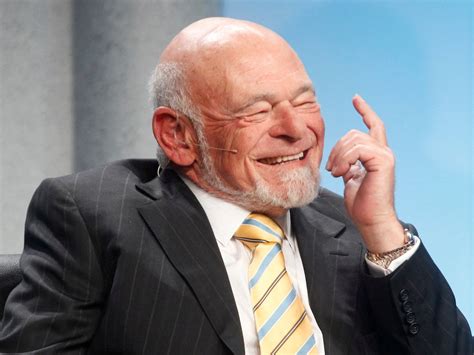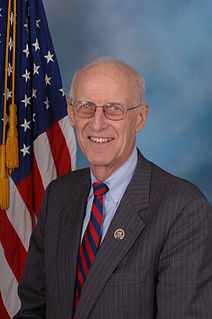A Quote by Max Keiser
China became the second biggest economy in the world by pegging their currency to the dollar at an artificially cheap rate.
Related Quotes
At the moment we are hard-wired into the European markets - 50% of our exports go to Europe - and that has not been good for the UK. So I'm not saying "make Britain entirely dependent on China". I'm saying "let's diversify a bit". When I became chancellor, China was our ninth largest trading partner. This is the world's second biggest economy. China was doing more business with Belgium than it was with Britain.
My single biggest financial concern is the loss of the dollar as the reserve currency. I can't imagine anything more disastrous to our country. . .you're already seeing things in the markets that are suggesting that confidence in the dollar is waning. . .I think you could see a 25% reduction in the standard of living in this country if the U.S. dollar was no longer the world's reserve currency. That's how valuable it is.
What there is no dispute about is whether or not China is a currency manipulator. They are a currency manipulator. They actively intervene every single day to keep the value of their currency less than it would be against the dollar than if it floated freely. We think. Even China barely disputes that.
I am specifically concerned about the idea that the legislative process is one that gets characterized the way it is as the 'fiscal cliff.' At the end of the day, the United States is the biggest economy in the world, and the dollar is the reserve currency in the world. I think it behooves us to act in a much more responsible way.
We are privileged that the dollar is the "currency of last resort" and the most important currency in the world. Global commodities are priced in dollars. Central banks in other countries hold great quantities of dollars. The dollar was the safe harbor, the port in the storm during the credit crisis.
Well, I think we are seeing some shifts in manufacturing. China, when you go in and you talk to the big manufacturers there, the biggest problems in mainland China are recruiting and retention. There isn't an endless supply of cheap labor anymore in China. And it's now true that the labor rates in Mexico are lower than in China.
The problem started before World War I. The gold standard was working fairly well. But it broke down because of the war and what happened in the 1920s. And then the U.S. started to become so dominant in the world, with the dollar becoming the central currency after the 1930s, the whole world economy shifted.
































